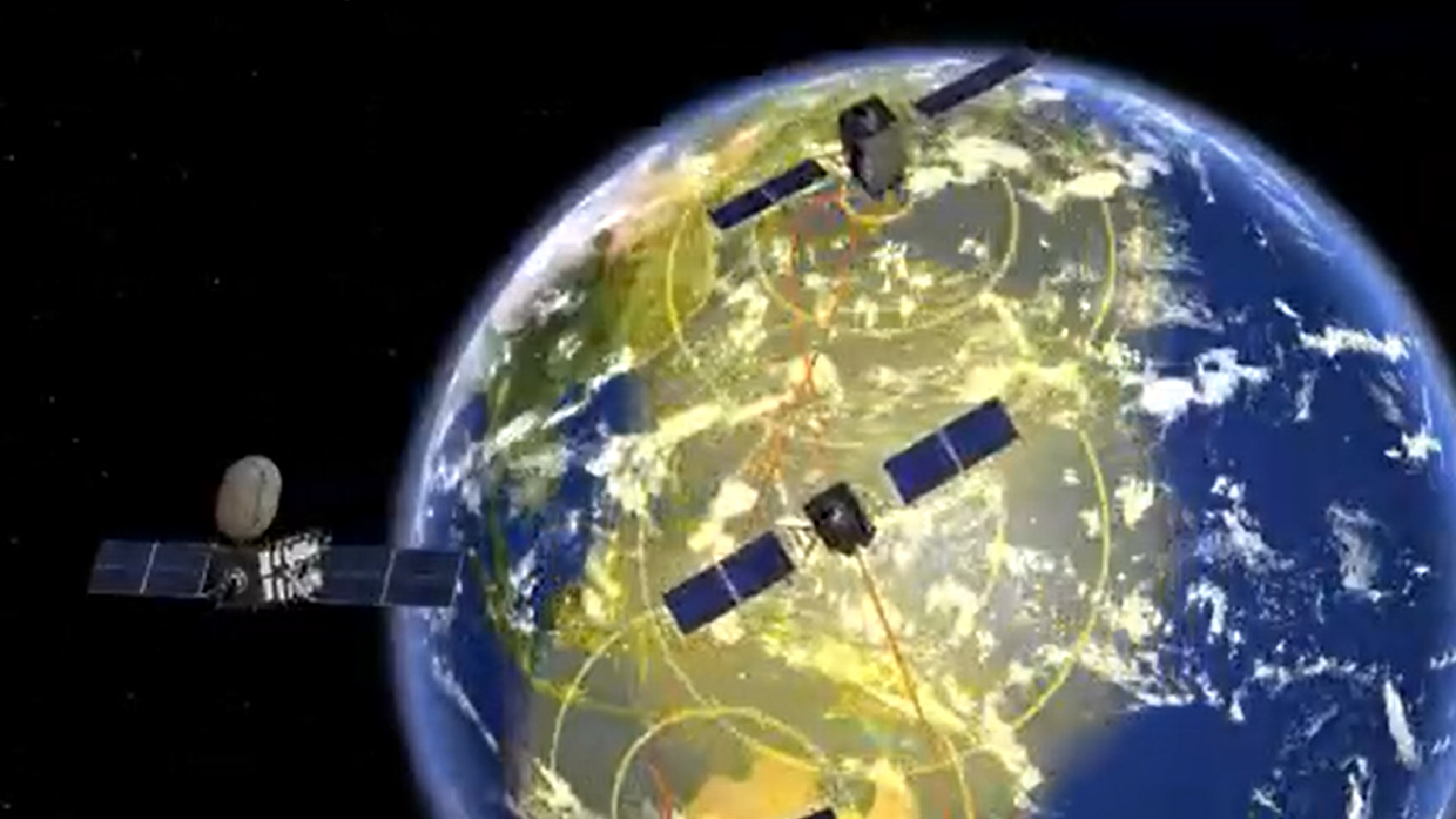Space Force delivers first payload for Japan’s QZSS satellites

WASHINGTON — The Space Force today announced it has delivered the first of two planned space surveillance payloads for integration with Japan’s Quasi-Zenith Satellite System (QZSS), with the launch planned for later this year on Tokyo’s sixth QZSS.
“This delivery of the first spaceflight-ready payload represents an important milestone for QZSS-HP. While a lot of work remains, I’m happy to report that we’re on track to meet our commitments,” said Lt. Col. Brian Fredrickson, the Space Force’s program manager on the project. “QZSS-HP has benefited tremendously from being categorized as a prototype, as it has enabled the program to be responsive and move with speed.”
The two hosted payloads, designed by Massachusetts Institute of Technology Lincoln Laboratory, will keep tabs on spacecraft and dangerous debris in geosynchronous orbit (GEO). The second of the two payloads is expected to launch in fiscal 2024 on the seventh QZSS satellite. The QZSS constellation is designed to complement and enhance GPS signals over Japan used for positioning, timing and navigation.
According to the service’s fiscal 2023 budget documents [PDF], the QZSS payloads will “enhance capabilities over the Eurasian theater and facilitates resilient capabilities in the Space Surveillance Network (SSN).”
The SSN is the U.S. military’s network of ground-based radar and telescopes for space domain awareness, along with the six Geosynchronous Space Situational Awareness Program satellites.
The service budgeted $16.3 million in FY23 for development and launch support of the QZSS payloads, but the budget justification documents did not provide funding levels for future years.
The program, launched in 2018, is characterized by the Space Force as a “pacesetter” for future U.S.-Japan cooperation — and today’s announcement comes on the heels of a sweeping new agreement, formally signed Jan. 13, between Washington and Tokyo that expands that cooperation in both the military and civil domains.
The Framework Agreement for Cooperation in the Exploration and Use of Outer Space, including the Moon and Other Celestial Bodies, for Peaceful Purposes, was “10 years in the making,” U.S. Secretary of State Antony Blinken said in a Jan. 11 press conference meeting of the U.S.-Japan Consultative Committee (2+2) meeting. That meeting included both foreign and defense ministers from both sides, and focused on security cooperation, with a clear eye on China.
In particular, the ministers agreed for the first time that their pledge of mutual response to adversary attacks under the longstanding U.S.-Japan Security Treaty includes attacks on national satellites.
“The Ministers consider that attacks to, from, or within space present a clear challenge to the security of the Alliance, and affirmed such attacks, in certain circumstances, could lead to the invocation of Article V of the Japan-U.S. Security Treaty,” explained the Jan. 11 joint statement on the outcome of the Consultative Committee meeting.
Related Links